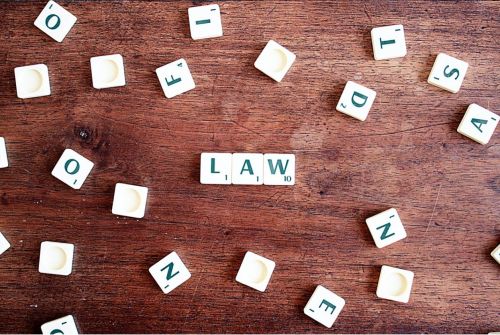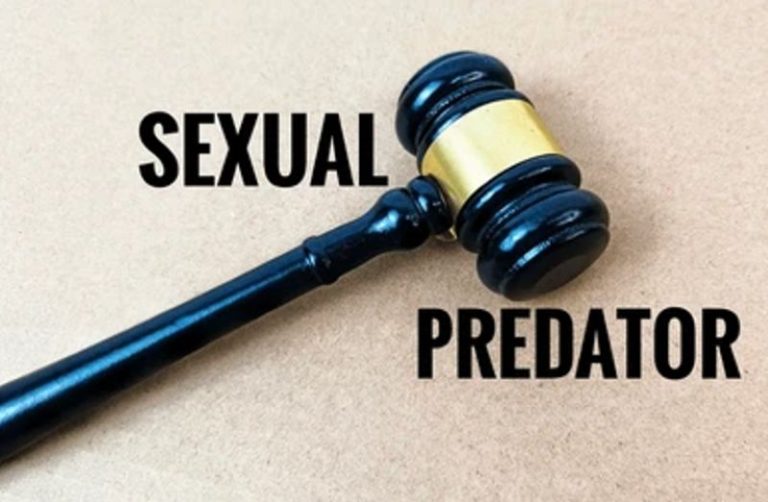

You’ve probably seen “Esq.” at the end of a lawyer’s name and wondered what it means. In the United States, “Esquire” is a title for licensed attorneys. It’s a sign that someone has passed the bar and has the legal authority to represent clients. But beyond the letters, it represents something deeper—dedication, expertise, and the responsibility of fighting for those in need.
The title itself doesn’t win cases, nor does it protect people from insurance companies or aggressive defendants. What matters is skill, hard work, and the passion to stand up for others. If you’ve been injured, you need more than a lawyer with a title; you need someone who knows the law inside and out—someone who understands what you’re going through. That’s why the step to choose the experienced one for your case matters more than any other step ever could.
Where Did “Esquire” Come From?
The word “Esquire” has deep historical roots. Back in medieval England, it referred to a young nobleman training to become a knight. It was a mark of status, a step toward something greater.
When America established its legal system, the title took on a different meaning. Early attorneys, influenced by British traditions, adopted “Esquire” to set themselves apart. But unlike in England, where the term was more general, the U.S. tied it directly to the legal profession.
By the 19th century, it had become a common way to refer to lawyers. It wasn’t an official title, just a courtesy. But over time, it became a symbol of professional standing—something attorneys worked hard to earn.
How Do Lawyers Use the Title Today?
In the U.S., lawyers don’t introduce themselves as “Esquire.” You won’t hear an attorney say, “Hi, I’m John Smith, Esquire.” It’s strictly a written title. You might see it on legal documents, professional correspondence, or business cards.
Here’s how it works:
- Correct: John Smith, Esq.
- Incorrect: Esquire John Smith
- Incorrect: Mr. John Smith, Esq.
It’s a small distinction, but details like these matter in the legal world.
Do All Lawyers Use It?
Not every attorney uses “Esquire.” Some feel it’s unnecessary. Others think it adds a professional touch. In personal injury law, results matter more than titles. People don’t care what’s after a lawyer’s name—they care about what that lawyer can do for them.
A personal injury attorney’s job isn’t about fancy titles. It’s about fighting for people who have been hurt—people who are scared, overwhelmed, and unsure of what comes next. When you’re facing medical bills, lost wages, and pain that won’t go away, the last thing you need is a lawyer who hides behind a title. You need someone who stands beside you and fights for every dollar you deserve.
Why Does It Matter in Personal Injury Law?
Personal injury law isn’t just paperwork and courtrooms. It’s about real people whose lives have been turned upside down. Car accidents, workplace injuries, and medical malpractice—these aren’t just cases. They’re life-changing moments. Moments that leave people struggling to heal, to work, to move forward.
Insurance companies know this. They have teams of lawyers trained to pay victims as little as possible. They delay, deny, and drag things out, hoping you’ll give up. That’s why having the right lawyer matters. A personal injury attorney does more than file documents. They investigate, build a case, negotiate with insurance companies, and take things to trial when needed. They make sure their clients aren’t bullied into lowball settlements.
An attorney with the title of “Esquire” has the legal right to represent you. But an attorney with experience and heart will fight for what you truly deserve.
Finding the Right Attorney
If you’ve been injured, choosing the right attorney is one of the most important decisions you’ll make. Don’t pick someone just because they have “Esq.” after their name. Look at their experience. Check their case results. Read client reviews.
A good personal injury lawyer doesn’t just promise to help—they prove it through action. They take cases personally. They understand what’s at stake. And they fight as if it were their own future on the line. When you’re hurt, you deserve more than a lawyer with a title. You deserve an advocate who truly cares.


